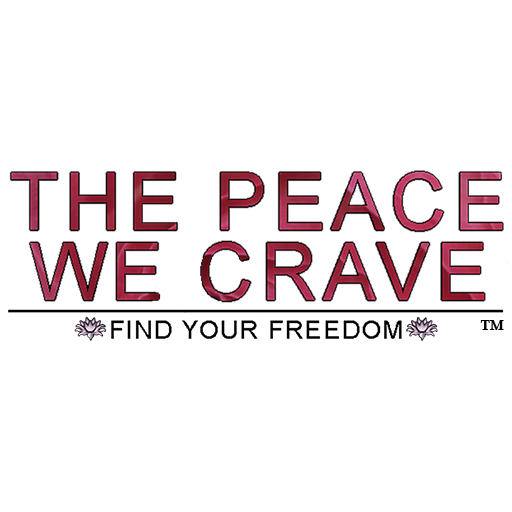The Power of Support Systems in Sobriety: Why You Don’t Have to Do It Alone
Sobriety is one of the most courageous journeys a person can take — and it’s also one of the most misunderstood. Many people assume that once the substance is gone, life naturally falls into place. But the truth is, recovery doesn’t happen in isolation. It happens in connection.
A strong support system is the foundation of thriving in sobriety. According to the National Institute on Drug Abuse (NIDA), people who engage in ongoing social support — whether through peer groups, therapy, coaching, or community programs — are significantly more likely to maintain long-term recovery. These networks not only provide accountability but also create a sense of belonging and safety that helps regulate the nervous system during emotional stress【1】.
What a Support System Really Looks Like
Your support system might include sober friends, mentors, family, or a recovery coach. But it can also extend to energy healing practitioners, meditation groups, and wellness communities. The goal isn’t to fill your calendar — it’s to fill your life with people and practices that align with your healing.
Support systems should meet you where you are emotionally, not just hold you to a sobriety date. As research from the Substance Abuse and Mental Health Services Administration (SAMHSA) highlights, recovery thrives in environments that nurture purpose, connection, and hope【2】.
Emotional Support = Energetic Stability
When we feel connected, our energy field expands — we move from survival mode to creation mode. Emotional sobriety means learning to regulate our emotions through safe connection and inner peace. Whether it’s through group meditation, Reiki, or sound healing, having support allows you to process feelings rather than suppress them.
You Deserve a Circle That Holds You
If you’ve been doing recovery on your own, it’s okay to start small. Join an online group, attend a class, or reach out to a mentor. Healing happens in relationships — and you deserve to feel supported on every level: physical, emotional, and spiritual.
Ready to strengthen your support system?
👉 Book your free 60-minute consult here today to explore how to bring deeper connection and energy healing into your recovery journey.
References
National Institute on Drug Abuse (NIDA). Principles of Drug Addiction Treatment: A Research-Based Guide.
Substance Abuse and Mental Health Services Administration (SAMHSA). Recovery and Recovery Support.
Brené Brown. The Gifts of Imperfection. (on vulnerability and belonging in healing)
Tanya D. is a Usui/Holy Fire® III Karuna Reiki® Master, Pranic Healer, Meditation Instructor, Holistic Recovery and Spiritual Life Coach and SHE RECOVERS® Coach. Find her @thepeacewecrave on Facebook/Instagram and at www.thepeacewecrave.com for all things recovery, energy, meditation, healing, and peace. Contact her at tanyad@thepeacewecrave.com.


